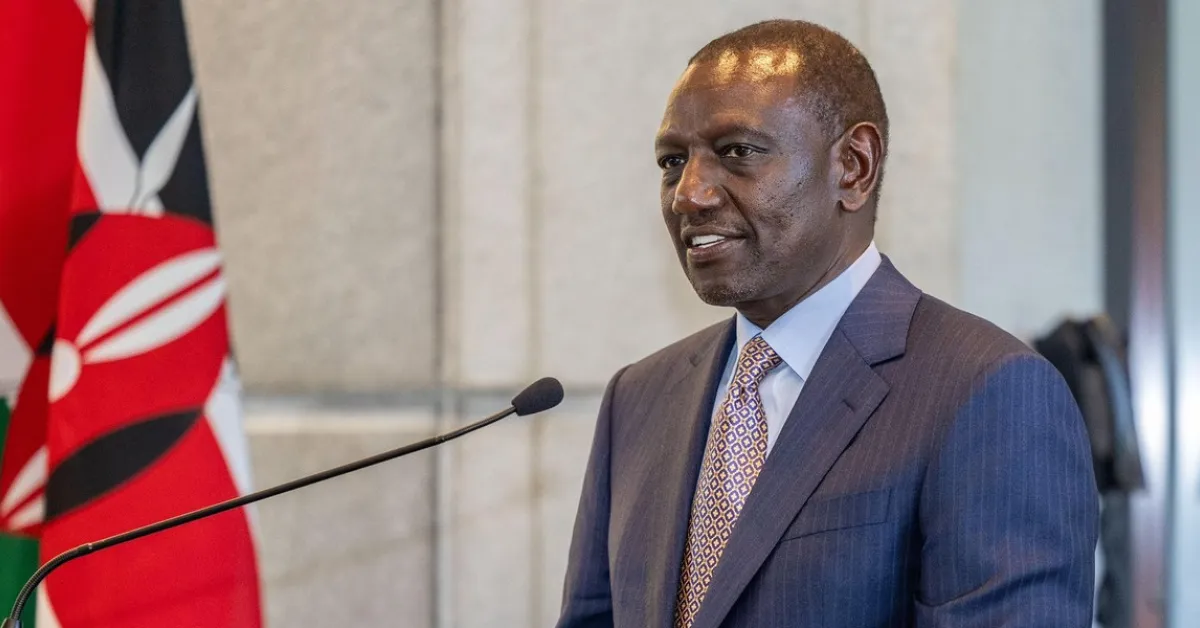Ruto: Kenya Set to Finalise US Trade Deal by December

Kenya is set to sign a new bilateral trade agreement with the United States by the end of the year, offering critical support to its textile and apparel industry as the future of the Africa Growth and Opportunity Act (AGOA) remains uncertain.
President William Ruto announced the expected deal during the United Nations General Assembly in New York, describing it as a key step in deepening trade ties with the US. The bilateral agreement would be the first of its kind between the current US administration and an African country.
AGOA, which has provided duty-free access to the US market for eligible African nations since 2000, is scheduled to expire in September 2025. Over 66,000 Kenyan jobs, many in the export-focused garment sector, are directly linked to the programme.
Kenya is actively pushing for an extension while simultaneously pursuing a separate trade pact to protect its economic interests. Speaking to Reuters, President Ruto said he was optimistic about concluding the bilateral deal with the US by December.
He also confirmed plans to lobby for a minimum five-year extension of AGOA, citing its importance in promoting trade balance and economic growth. Efforts to renew AGOA last year failed to advance in the US Congress. Meanwhile, recent protectionist policies under the Trump administration have added uncertainty to the renewal process, prompting Kenya to seek alternative trade arrangements.
In Kenya, the issue has drawn strong political consensus. The National Assembly recently passed a motion urging the government to seek a 16-year extension of AGOA, or at minimum, a two-year transition period to establish a successor framework.
The motion, introduced by Laikipia MP Jane Kagiri, emphasised AGOA’s contribution to export growth, employment, and social development. According to Kagiri, around 75 percent of AGOA’s direct beneficiaries in Kenya are women, whose incomes support access to healthcare and education.
Lawmakers have warned that failure to extend the agreement could disrupt production and threaten thousands of livelihoods.














Add new comment